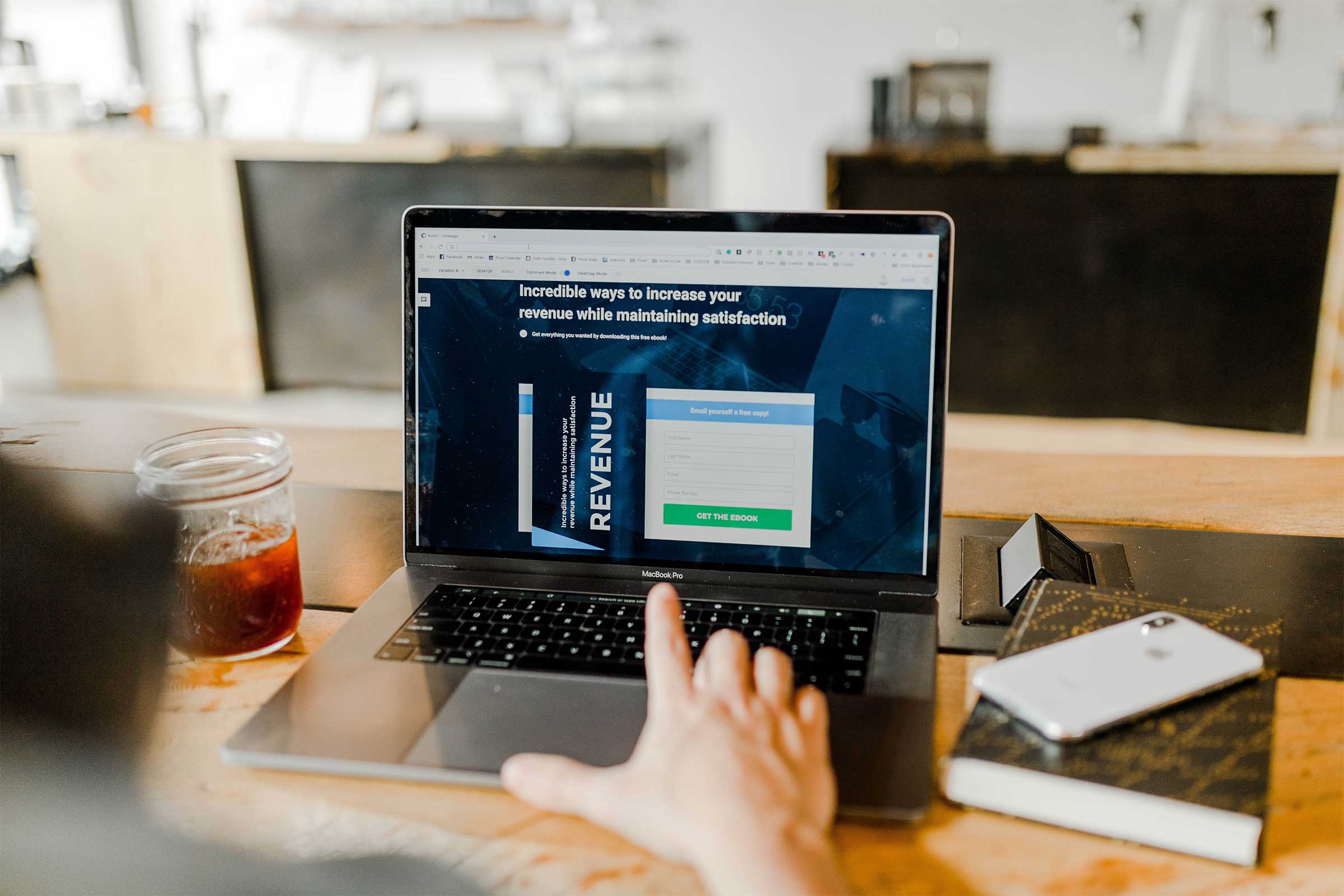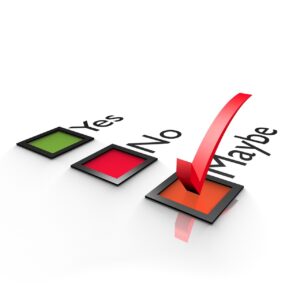Your Expert Guide On How To Buy and Sell Domain Names
In this article, we look at the ins and outs of buying and selling a domain name for your business. Here’s NameExperts.com Director Joe Uddeme to walk you through the process. Are you new to the industry and need to know how to buy and sell domain names? You’re most likely looking for the best places you can buy domains, where to sell your domains, how to transfer names to your buyer, how much you can sell your names for, and more. At Name Experts, we help corporations and individuals around the world buy and sell domain name assets. It’s what we’ve been doing for more than 15 years, and we have brokered deals worth more than $150m. So you can trust the information in this post. If you need more help, get in touch. We’ll help you navigate the waters – and even help you choose a great domain name for your business at the best price. Here’s our complete guide to buying and selling domain names – updated for 2025. Key Takeaways Buying domain names – everything you need to know Selling domain names – everything you need to know How a domain name broker can be your ‘secret weapon’ when buying or selling Buying domain names Buying the right domain name for your brand can be a pretty big undertaking. New TLDs like .online or .law are part of more than 1,500 alternative top level domains that can sometimes confuse your customers. How can you know what the right choice is to help your business grow? Or maybe you’re buying domains to turn around and sell them. Whatever you need a new domain name for, having a broker on your side to help you with how to buy and sell domain names and get the domain purchase over the finish line. Especially when it comes to the negotiation process, you’ll want to have an experienced broker who knows what your purpose is for the domain name so that they can plan the proper strategy. We also encourage you to use an accredited, third-party escrow provider. We use Escrow.com as the preferred method for domain purchase transactions because it identifies all the parties involved to ensure proper transfer and a smooth transaction experience. The broker you choose should be able to work with the escrow provider and help you complete the entire domain purchase process. Escrow Process to Buy a Domain Name Here are the general steps outlined below: Buyer and seller agree to terms Buyer selects a payment method Escrow secures buyer’s payment Escrow will prompt the seller to transfer The transfer will occur either by account transfer or authorization code Seller confirms shipment of merchandise Buyer confirms receipt of a domain name in the account Buyer marks the transaction complete Domain Purchase and choosing the right broker Your domain broker should be open to communicating with you throughout this entire process and make sure the timeline is being met – as well as meeting all other expectations. At Name Experts, we will make sure that we will get you the domain you want or find an appropriate alternative if the one you want truly isn’t available. Most reputable brokers will charge a fee for any successful acquisition and should be upfront with you about that fee. They’ll also help you with successfully transferring domains so that everything is out of your hands when all is said and done. Selling Domain Names Regardless of whether you’re a seasoned domain investor with dozens of assets or someone who just has one domain name to sell, it’s always a good idea to hire a professional who knows what they are doing. Domain experts make it their mission to maximize your sales potential and work on your behalf. This means letting you know if you’re sitting on a goldmine when it comes to domains or buying assets that are only worth a few pennies – they’ll help you figure out the value of your domain. The first step of the selling process is to establish the right expectation for your domains. Sellers should identify their needs and realistically price their assets in a way that will make people want to buy them. We’ll help you identify your goals and get to the bottom of why you’re really selling. Typically, there are different types of pricing models that we use to sell your domain name, but it all depends on intent. They include retail sellers, market seller, and liquidation seller. At Name Experts, we have experience negotiating and marketing your name assets successfully. We have the knowledge to help you nail down a strategy to make sure the right people are seeing your domain names. If you’re in the market to sell, we will help you with all of our services. Value your Domain Name Your domain name, and really anyone’s domain name, is only worth as much as a buyer is willing to pay. There are different factors to consider, though. For example, single word .com assets sell for a higher price than longer names. At Name Experts, we will evaluate your assets and take comparisons of other names that recently sold in the market. We’ll make sure you have a realistic expectation of what your domain is worth. Marketing Especially if you’re new in this industry, you’ll want someone experienced putting your name in front of the right people. We use a combination of email, phone, and press releases to ensure global exposure. This also includes reaching out to our industry-wide relationships to help you find the perfect buyer. Negotiation Don’t leave money on the table. Let Name Experts negotiate on your behalf and help you maximize your profit. Transfer Service This part of the process makes sure that the buyer lives up to his end of the deal. We handle all transfers through Escrow.com, a licensed and audited escrow service ideal for domain names. We’ll make sure that your domain name ends up at the right registrar. Let Name Experts Help You At the end of the day, you need someone you can trust to help you navigate these waters. A professional domain brokerage service can make all the difference. They will outline both the buying and selling process for you and make sure both sides understand the goal of the transaction. They’ll also help you take the guesswork out of the process, as well as represent your interests. As experienced brokers with an industry-wide reputation, let us help you with all the phases of how to buy and sell domain names. When you work with an experienced professional like us, you’ll see that they will also have all the relevant contracts and paperwork to help you secure the name that you want or sell it for a fair price. We’ll make sure that every step of the way is completely transparent and we always keep your best interest in mind. We don’t want to compromise your identity or your confidentiality, and we work hard to earn the trust of our clients with consistent performance and open communication. When you’re ready to get started or just want more information on the buying or selling process, reach out to us today! We’d love to prove to you why we’re the experts. About the author Joe Uddeme is Director and Principal of Name Experts, one of the world’s leading domain name brokerage services. He has overseen domain name sales and acquisitions totaling more than $150 million and is renowned worldwide as a go-to expert in buying and selling premium domains. Contact him at: [email protected]





